-
About
- About Listly
- Community & Support
- Howto
- Chrome Extension
- Bookmarklet
- WordPress Plugin
- Listly Premium
- Privacy
- Terms
- DMCA Copyright
- © 2010-2025 Boomy Labs
 Ula Jones
Ula Jones
Listly by Ula Jones
“I have always imagined that Paradise will be a kind of library.”
Jorge Luis Borges
Moby Dick is the one novel that the American mind associates most heavily with the term "classic". Published in 1851, the old yet beautiful and informative book's influence has yet to die down. I was struck by its odd yet amiable humor; however, more so was I chilled by the dark themes involved.
This book is easily one of most widely known novels of Mark Twain. Published in 1876, it follows the coming of age of a young boy living on the Mississippi River. It may be a bit crass by today's standards, but is clearly quite charming at the core of its morals.
Beginning with 1857's A Study in Scarlet, Doyle's stories and books regarding his famous detective character have been acclaimed significantly and gained an iconic status within the mystery genre. Holmes is described as a scientist, an analytical genius, and a recluse, whose adventures and numerous irregular cases are documented only by his companion John Watson. Currently I am reading a complete anthology.

Great Expectations comes to mind as one of Dickens' greatest works of his later career. Published in 1861, it has since garnered significantly positive reviews and several film adaptions.
The story stands out to me personally; additionally, Dickens has an incredible aptitude for character development.
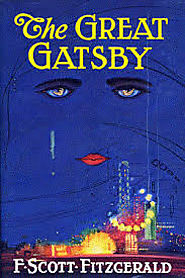
The Great Gatsby is a landmark American literature for its portrayal of the 1920's Jazz Age in NYC. The Warner Bros film adaption is quite stunning as well.
Another expressive narrative, lamenting the working man's plight in The Great Depression of the 1930's.
I found this novel beautiful in imagery and plot. Today I have read The Grapes of Wrath twice, and was impressed each time.
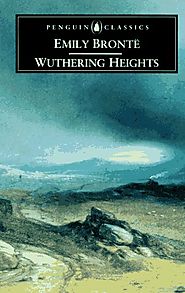
Wuthering Heights was written by Emily Brontë and published under a pseudonym in 1847. Since then, it has received very mixed reviews, with the overall verdict being a positive one. Its intense drama and diction were impressed upon me while reading.
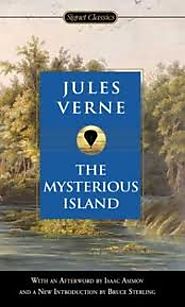
This is an amazing novel that serves as a sequel of sorts to a prior work- I will admit to having debated between uploading this item as opposed to three other titles by the same astounding writer. This book, however, is incredibly engrossing and as scientifically informative as its predecessors. I, for one, was so impressed that I made it a point to name my German Shepherd Dog in tribute to the heroic canine character it contains. The Mysterious Island was published by Verne in 1874, and takes place during but not within the Civil War of several years prior.
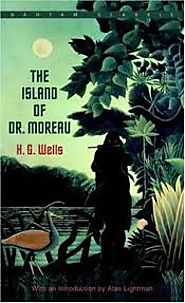
The Island of Dr. Moreau is a classic story centering on a sinister scientist and his dark proceedings. I consider it to be my favorite of Wells's works, alongside The Time Machine and The War of the Worlds. The author himself, however, has disregarded the novel as "an exercise in youthful blasphemy." It was published in 1896.
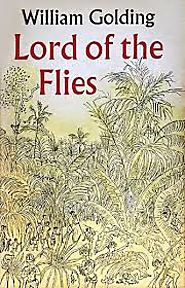
The Lord of the Flies was published in 1945. It follows a group of British schoolboys as they are stranded on a deserted island, and documents their descent into madness. It is very eye opening, speculating negatively on the topic of human nature.
